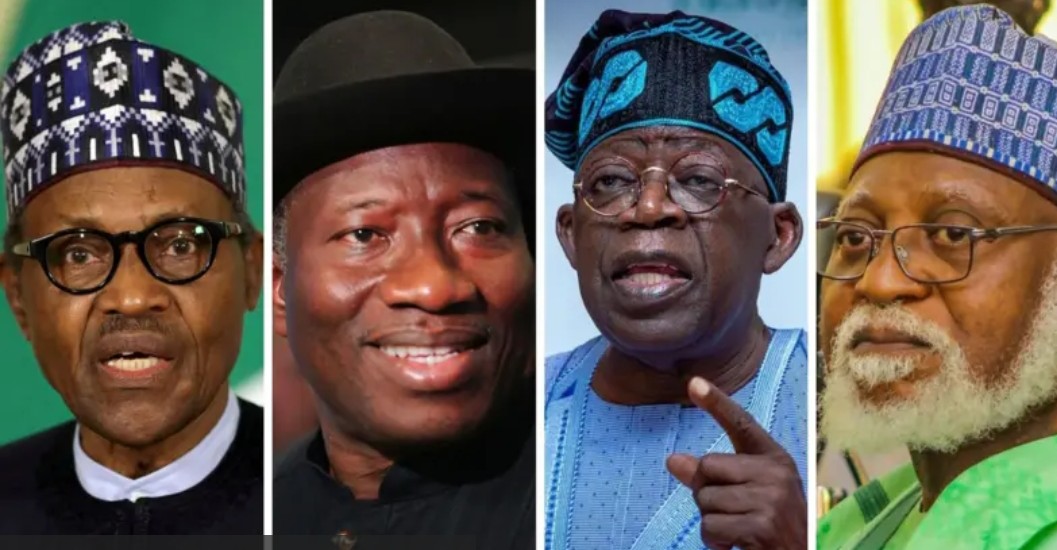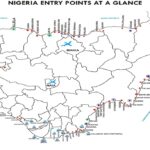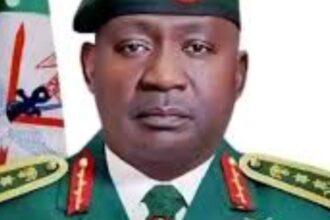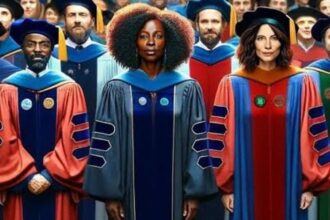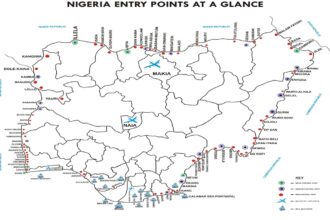By Ernest Osogbue
This piece is inspired by, and by extension, a response to Jide Ojo’s column in Punch Newspapers edition of Wednesday 18th June 2025.
Jide’s piece titled ‘Nigerians, You’re on Your Own’ made for very interesting reading. In it, Jide took time to delve into history to remind those complaining about the current economic challenges that since independence, there have always been complaints by Nigerians.
Jide made reference to songs by different Nigerian musicians from different generations, singing songs on economic hardship. “Shuffering and shmilling,” by Fela, in 1978; “Ilu le o” by Victor Olaiya in 1983; “Under Pressure” by Ras Kimono in 1989, and “What’s gwan?” in 1990; “Formula 0-1-0” by Chief Commander Ebenezer Obey in 1989; and “Mr. President” by African China in 2006. All the songs mentioned explored the theme of economic difficulties on the people at different times and under different administrations.
To make his point clearer, Jide quoted newspaper headlines of how President Jonathan, in 2014, begged Nigerians to be patient with his administration over the economic hardship in the country. In 2015, President Buhari also appealed to Nigerians to be patient over the economic hardship under his administration. In the course of his presidency since 2023, President Tinubu has continuously appealed to Nigerians to be patient with his administration over the economic difficulties in the country. For Jide, this is a pointer that successive governments lacked the solution to the economic challenges of the average Nigerian. As a result, citizens need to put on their thinking caps in a bid to help themselves as dependence on government was futile.
I always enjoy reading Jide, and we’ve struck up a friendship based on our mutual love for our dear country. While I do not wish to rehash his conclusions, my aim is to delve deeper into the subject he has thrown up.
In his song “Which Way Nigeria?” The late Sunny Okosuns asks; “How long shall we be patient before we reach the promised land?” I wish to answer that question and, by extension, expand on Jide’s theme of perennial economic hardship in our country. My answer to Sunny Okosuns is that we’ll be patient forever. Anyone waiting patiently for the government to create economic prosperity for all will die waiting because it will never happen.
I do not mean to be harsh, and neither am I unmindful of the challenges faced by Nigerians, but patience is never the answer for anyone faced with challenges. Action is the answer. But I digress.
A careful study of human development will reveal that there has never been a time, and there will never be a time when every citizen of every nation will live in prosperity. There will always be poor people, as the Bible says; Matt 26:11. The disproportionate distribution of virtues, talents, and abilities by providence ensures that it is impossible for all to be in prosperity and also impossible for all to be in want at the same time.
A careful look at the so-called developed nations will buttress this fact. I’ll go back to music, where Jide started from. In his 1991 album; Spirit of Love, late Majek Fashek wrote a song titled “Majek Fashek inna New York.” In the song, Majek expresses the shock he experienced to find beggars on the streets of New York, when America is the richest country in the world. This shows that even in a rich country, there are poor and hungry people. Conversely, in countries that are said to be poor, like South Sudan, Burundi, and Yemen, there are people who are regarded as millionaires. To bring it closer home, while many Nigerians are groaning and complaining of economic hardship, Aliko Dangote is a Nigerian and remains the richest black man in the world. There are people like Femi Otedola, Mike Adenuga, Tony Elumelu, and many others who could be classified as billionaires in the same Nigeria where many people have no food to eat.
The perceived poverty and economic hardship for which Nigerians complain may not necessarily affect these people in the same manner. In fact, one of them, Abdul Samad Rabiu, the chairman of BUA Industries, recently made a statement commending President Tinubu’s administration for putting the economy back on the path to growth. The exact opposite of what millions of Nigerians believe.
When you put these different scenarios together, what you get is that all fingers are not equal. As Felix Leberty, another musician once sang, “Some are mourning and some are celebrating…” This is the story of life. There will never be a time or any administration when all Nigerians will live in prosperity. In the same vein, there will never be a time or an administration when all Nigerians will be poor.
If you understand this truism, you will learn not to believe or to expect any government to make your life better. Like the old saying goes; life is what you make it. We all must seek ways to be the best version of ourselves. A friend told me a story of how his Chinese employer in Abuja called him up one day and showed him how greatly blessed Nigeria is. He had looked at the Chinese man with incredulity until the man pointed at the roof of a nearby building with grasses growing thereon and told him that the blessings of Nigeria were so much that plants even grew on rooftops. This is an indication of the fertile, arable, and productive nature of the Nigerian environment. The Chinese man told my friend that plants do not grow on rooftops in China.
As has been shown above, one could be poor in a rich country. There are also rich people in poor countries. It shows that life is about individualism. As Bob Marley said in his song ‘Zimbabwe’; “Every man’s got a right to decide his own destiny.” It is left to us to determine what future and what type of life we wish to live. There will never be a government that will make all Nigerians rich. Politicians will always deceive us that they have all the answers, but in the end, like Jonathan, Buhari, and Tinubu, they will still ask us to be patient with them. We must learn, therefore, that collective national wealth is a mirage. We can ask our leaders to make things easier by providing roads, electricity, water, rural infrastructure, security, and other social amenities that make life worthy. In the end, however, it is how we apply ourselves and our talents that will determine whether we live above or below the poverty line.
Let us, therefore, learn to look inwards and develop our innate abilities. Let us stop complaining and take advantage of our blessed environment. Believing that one politician will come and make everyone prosper is the biggest lie anyone can tell you. Let us, therefore, equip ourselves with new skills and determine to be the best that we can be. It is only in doing this that we can rise above the general complaints and stand out. We must realize that Nigeria’s wealth is actually the cumulative aggregate of the work done by all Nigerians.
May God bless our country.

